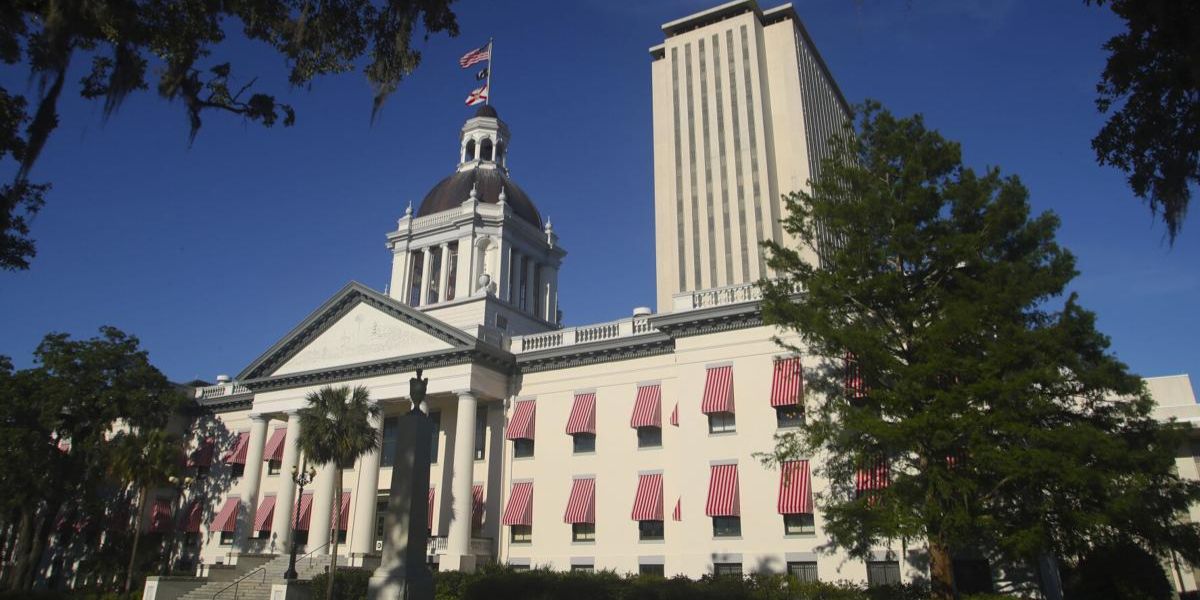A pandemic-era initiative to assist schools in addressing indoor air quality issues will continue to exist as a permanent component of the state’s extensive system of funding for school development.
Since many have pointed out the detrimental impacts of outdated ventilation systems servicing school buildings built in the middle or late 20th century, local leaders have long prioritised efforts to enhance indoor air quality in schools.
Extreme heat frequently forces schools to close owing to a lack of adequate air conditioning. For pupils with asthma, worn-out ventilation systems may not be able to effectively remove disease-causing dust particles that irritate their lungs.
State leaders hurried to address those deficiencies once the pandemic brought them to light. The state government awarded funding of $178 million to 163 schools beginning in 2022 to assist them in replacing or upgrading their HVAC systems.
Even though the pandemic’s peak is now behind us, officials intended to address the longer-term problems of climate control and air pollution, which continue to be problems for schools throughout the state. State leaders responded to those requests for improvement by changing the law in a way that they presented as a more reliable and long-lasting solution.
Funds for school HVAC upgrades will now be allocated through the state’s school building finance system rather than through ad hoc grant programmes.
According to Commissioner Michelle Gilman, who is in charge of the school construction programme, it will be simple to apply for the HVAC funding.
“It’s a monthly application,” Gilman stated. “It’s not a competitive grant program. So, again we have made this very easy for our school districts to demonstrate the need and apply for that.”
Gilman and Lt. Gov. Susan Bysiewicz (D) promoted the new funding system by visiting a Bristol school that had received funds from the previous grants.
Read Also: Trump Signs Measures to Block California’s Electric Vehicle Regulations
Regarding the system that has been put in place at South Side School, Bristol Public Schools Director of Facilities Peter Fusco stated, “We no longer have to cancel classes due to exceptionally hot days.”
Bristol’s efforts and the upcoming funding for other districts were praised by Bysiewicz. She emphasised the new systems’ twin purpose of mitigating the effects of severe temperatures while maintaining focus on the initial factors that motivated governmental funding.
According to Bysiewicz, “the public health benefits are really strong as well.”



